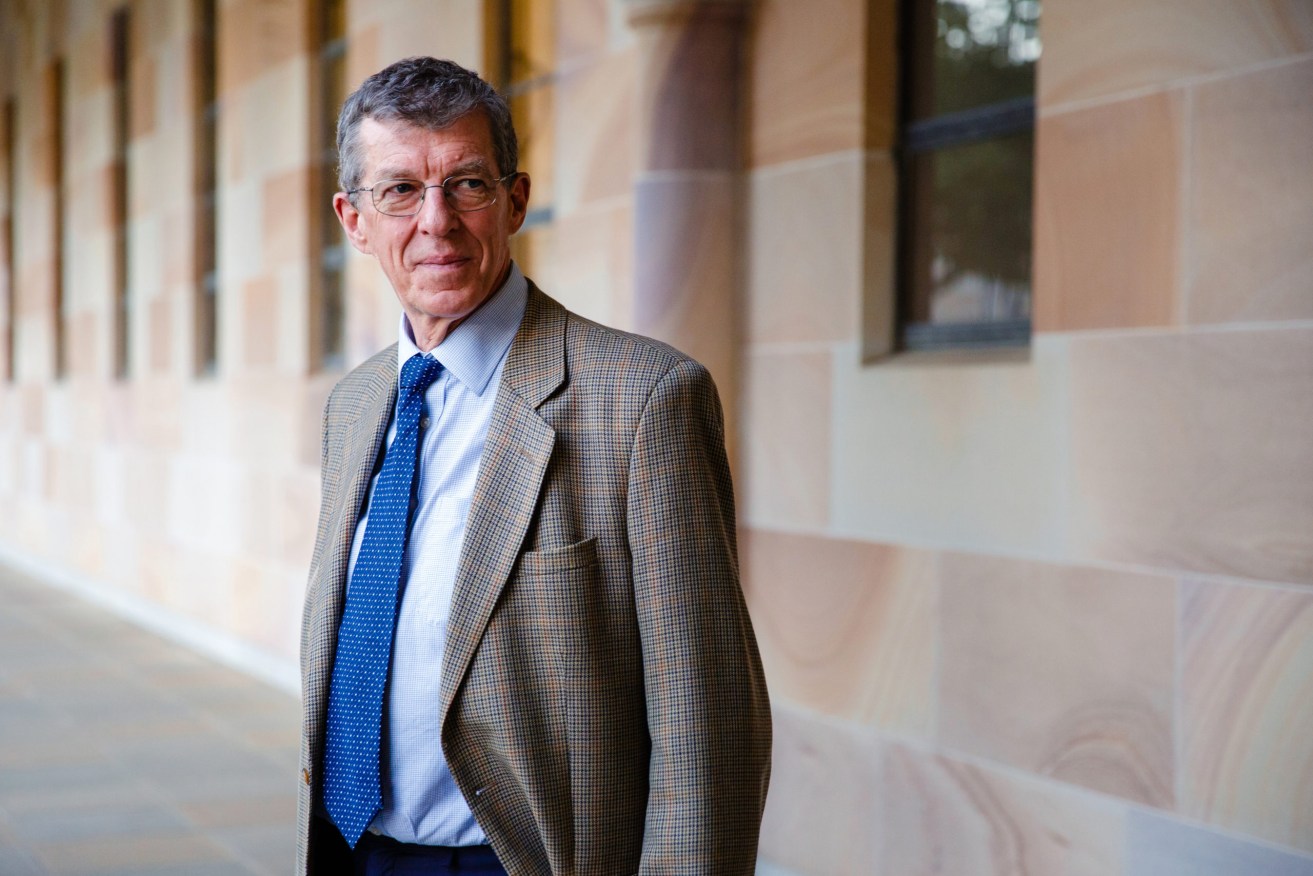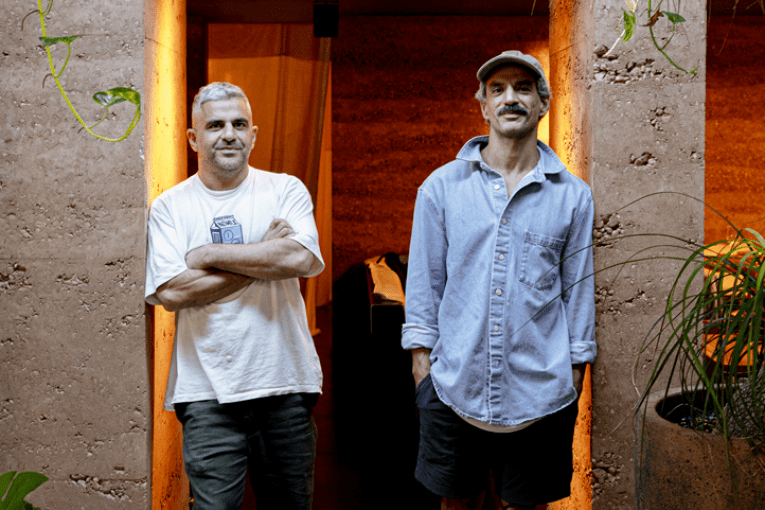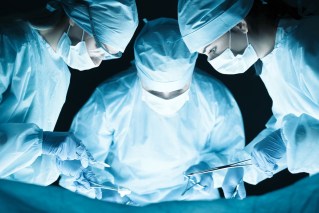Brisbane must close gap so fruits of its research stay closer to home
Brisbane has helped develop countless medical and technology breakthroughs, but has not always managed to reap the ongoing rewards, writes Professor Ian Frazer

Professor Ian Frazer says Brisbane needs to plug a gap in its manufacturing capability (Photo: UQ).
Brisbane is home to world-leading and innovative biomedical research.
This is evidenced by the local invention and testing of a wide range of biomedical products and devices, including vaccine delivery nanoneedle patches (Vaxxas), drug inhibitors of the pathological inflammation causing many chronic diseases (Inflazome), microbiome derived products for consumer health and drug development (Microba), a rapid Covid-19 diagnostic test (Ellume), novel 3D bone replacement products (QUT), and, historically, the HPV vaccine technology (UQ- licenced to CSL for manufacture by companies internationally).
These, and future innovations and inventions, that are largely the product of our universities and medical research institutes, should continue to have a global impact for the benefit of Brisbane.
They can also put Brisbane more firmly on the discovery research map and attract more research and development talent and funding to our city and state.
However, as one part of the product development necessary to achieve this goal, we need to increase our local capacity for small to medium-scale medical product manufacturing to clinical standards.
Specifically, by enabling new products and devices to be manufactured locally to Good Manufacturing Practice (GMP) standards, but in small scale, we can test these locally for safety and efficacy.
Local small to medium-scale manufacture to GMP standards would also guide the development of processes for scaling up product manufacture to commercial levels, making products more attractive to large international companies.
We are well-placed geographically to manufacture and deliver products across southeast Asia, India, and Indonesia, where emerging economies are ready to buy into better health.
However, to achieve this, we need to construct “incubator” environments, where companies spun out from Australian innovative science and engineering can make quality product, meeting all the regulatory requirements for providing clinical proof of concept, and can develop the manufacturing processes for production scale-up that will make good use of our scientific and technical expertise.
Such facilities overseas are generally located in technology theme parks, conveniently close to academic and business advice.
The facilities in Queensland at the Translational Research Institute (TRI) were designed to include some small biologics incubator spaces. Similar facilities for cell therapy exist at QIMR Berghoffer; but these are currently occupied to capacity and are too small to meet current needs, requiring other inventions to join a queue, or go overseas.
A large-scale production facility for biologicals in Brisbane, run by ThermoFisher, is widely used by international and local companies.
However, there is a critical gap between our small-scale facilities and the internationally competitive ThermoFisher plant, and our existing small-scale facilities are running at capacity.
Our small/medium enterprises are missing out on a necessary part of their product development plan, and there is so much more that could be done here in Brisbane, as opposed to commissioning work overseas.
A proposal already exists for a translational manufacturing institute (TMI, or TRI 2) that could allow small scale manufacture and delivery to good manufacturing practice (GMP) standards of novel products emerging from the research of the major universities and hospitals in Brisbane.
These could then be developed further under the supervisory eyes of the inventors.
Construction of the TMI and further similar facilities on a central site adjacent to universities and hospitals should be expedited, while planning for a larger campus with further plant capable of larger scale GMP manufacture of novel biologicals should be instigated within the greater Brisbane area.
This should ensure that we are not obliged to rely on overseas manufacture for the biological products we will continue to develop, including novel and existing vaccines, immunotherapeutic antibodies, and next generation T cell therapies, and should position Brisbane to become a south-east Asia hub for development and marketing of high-quality biologicals, that now comprise 50% of the drug market world-wide.
Professor Ian Frazer AC, is CEO and Director of Research, Translational Research Institute> He will be keynote speaker at Committee for Brisbane’s Focus on greater Brisbane: Advancing Manufacturing on September 8 at 12pm.












